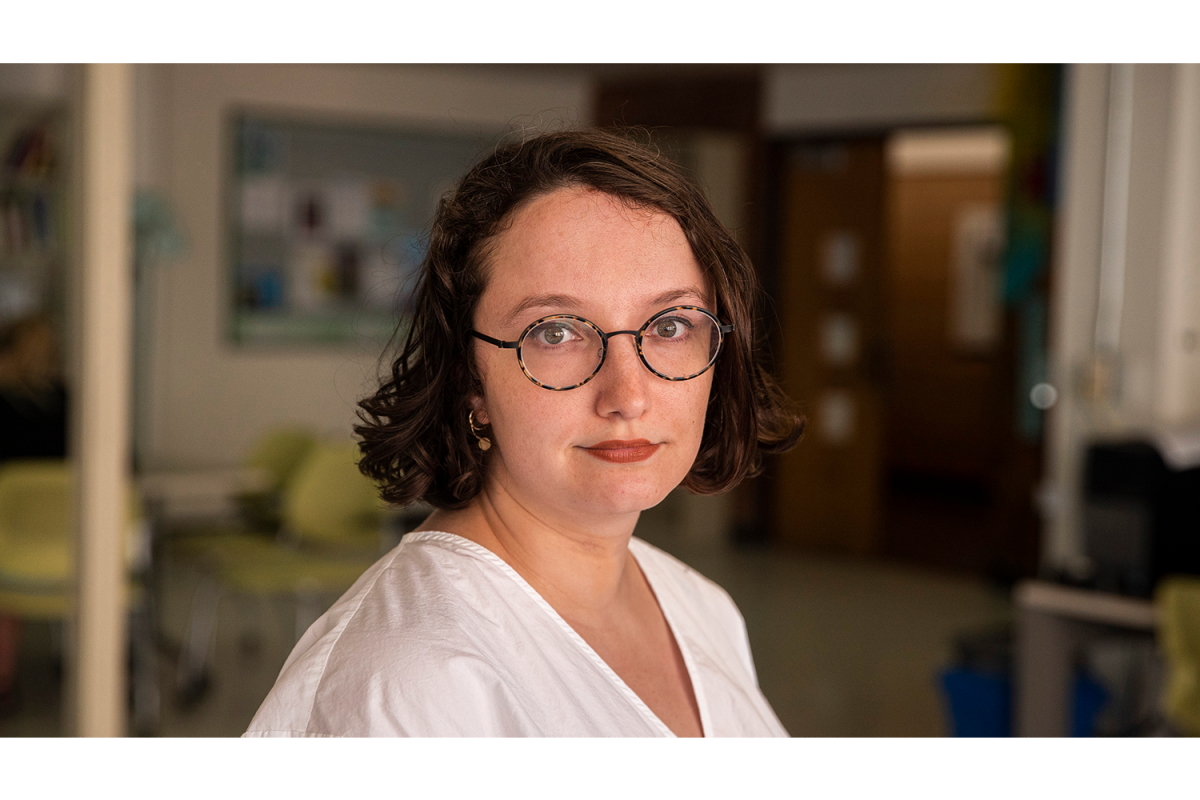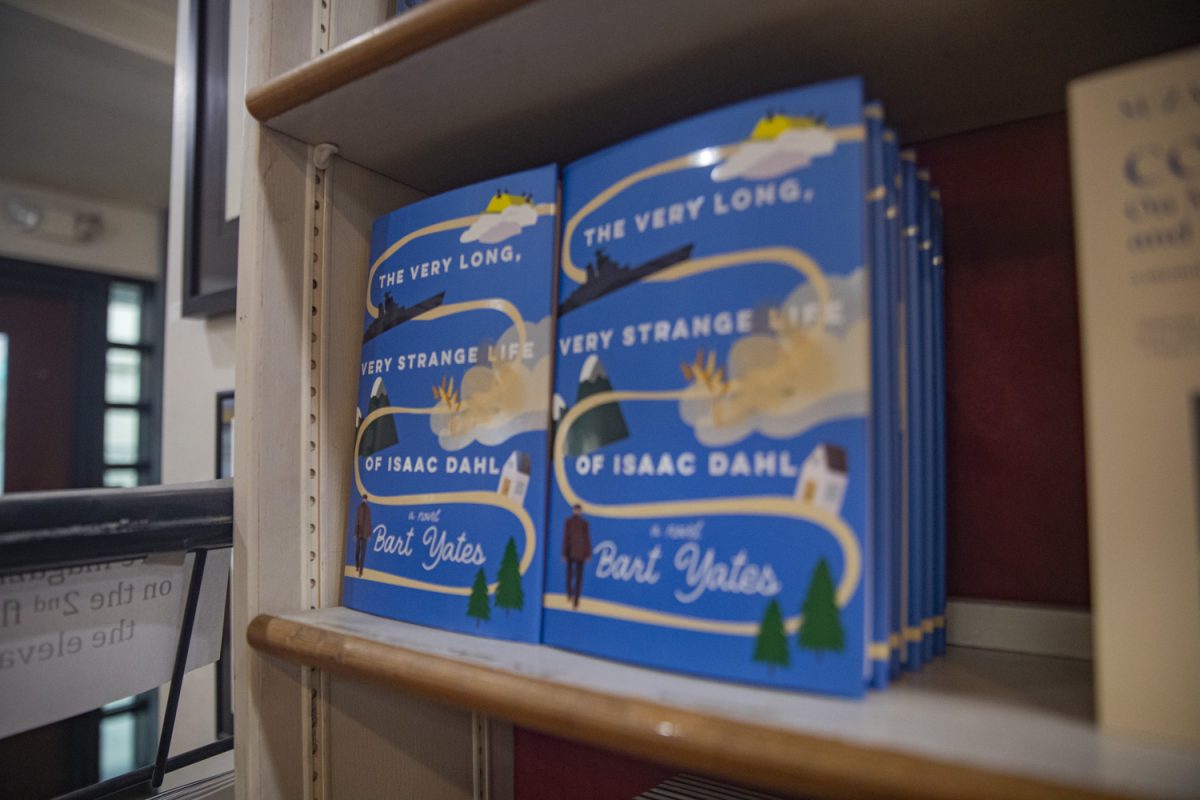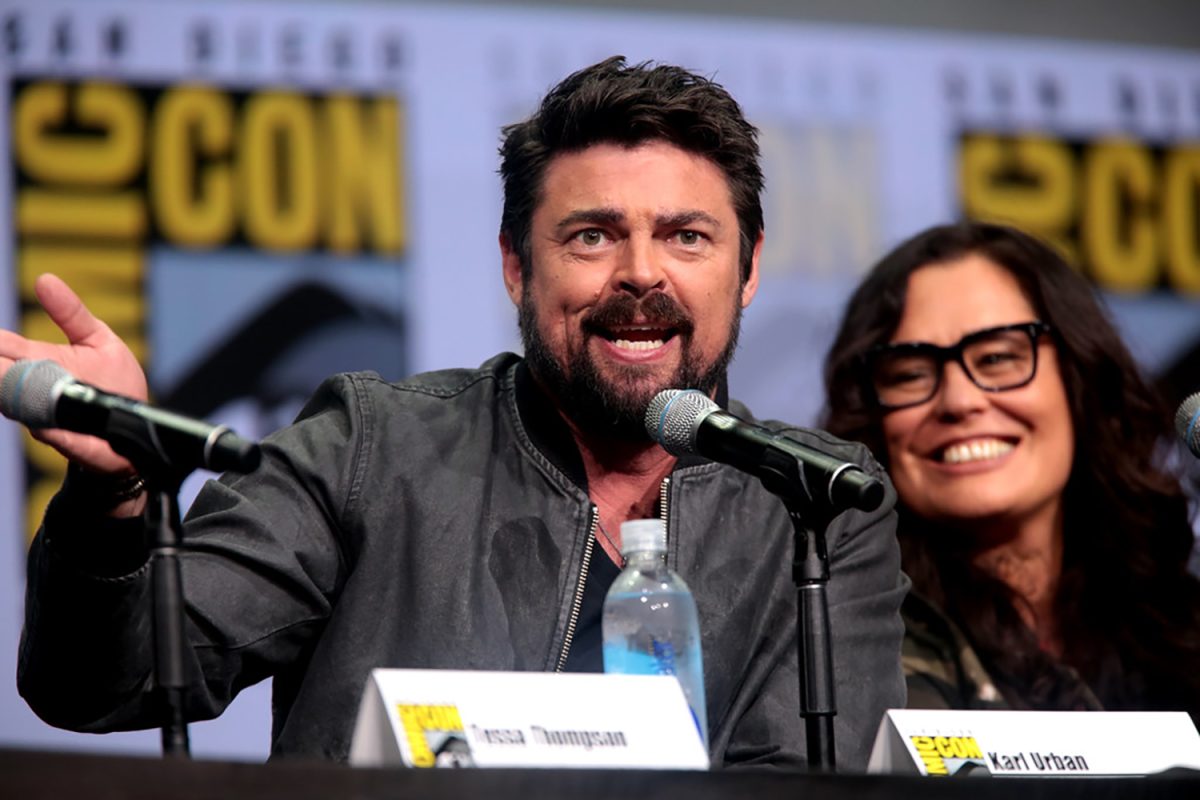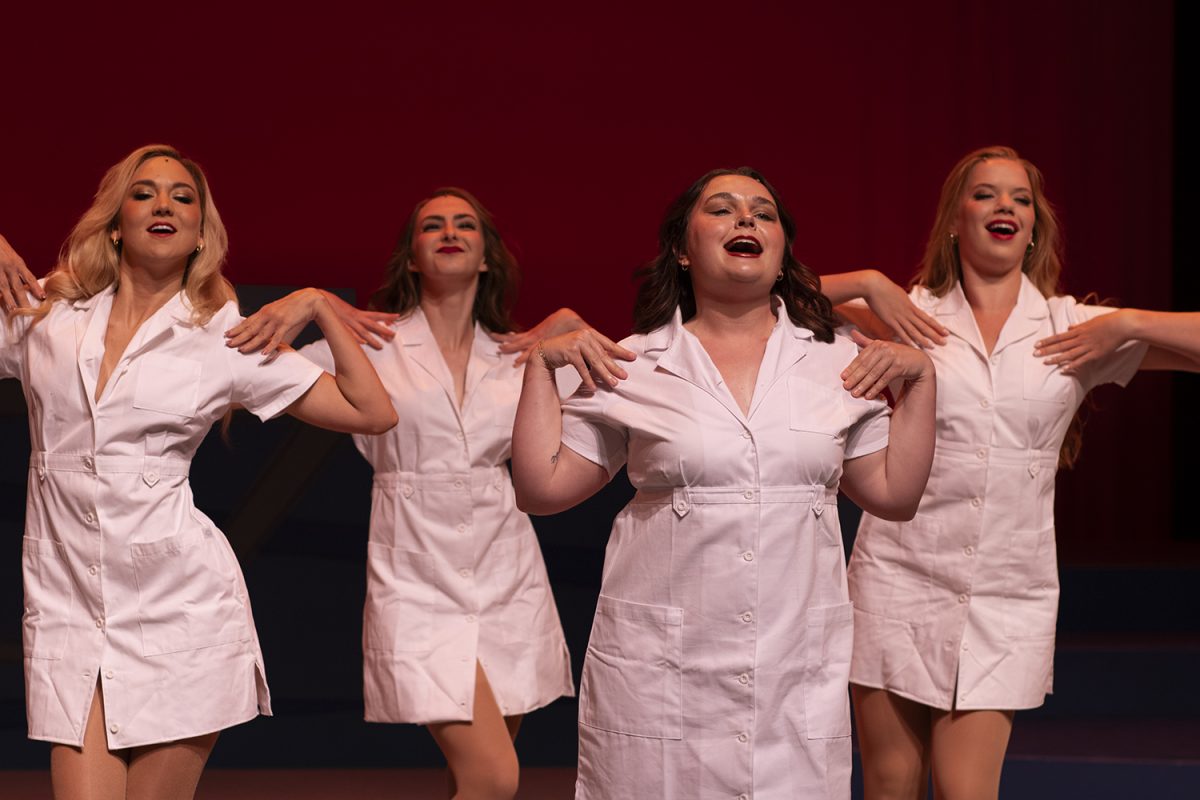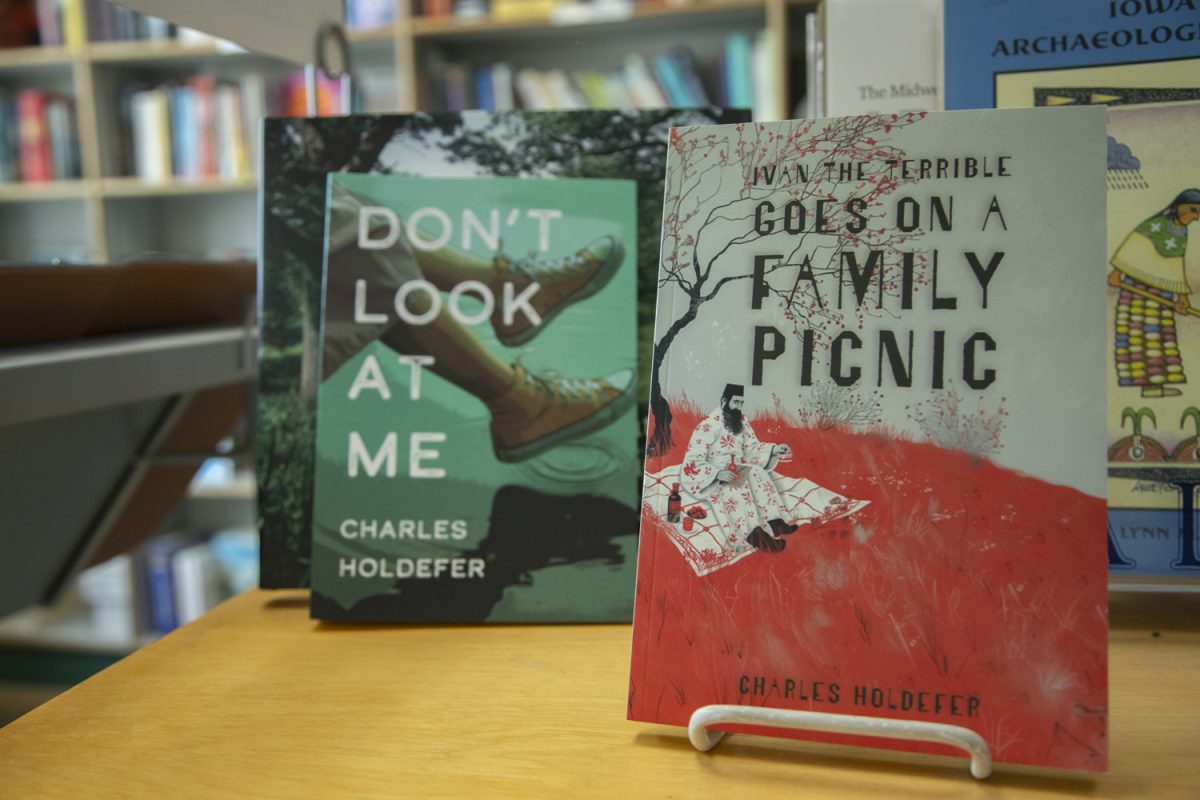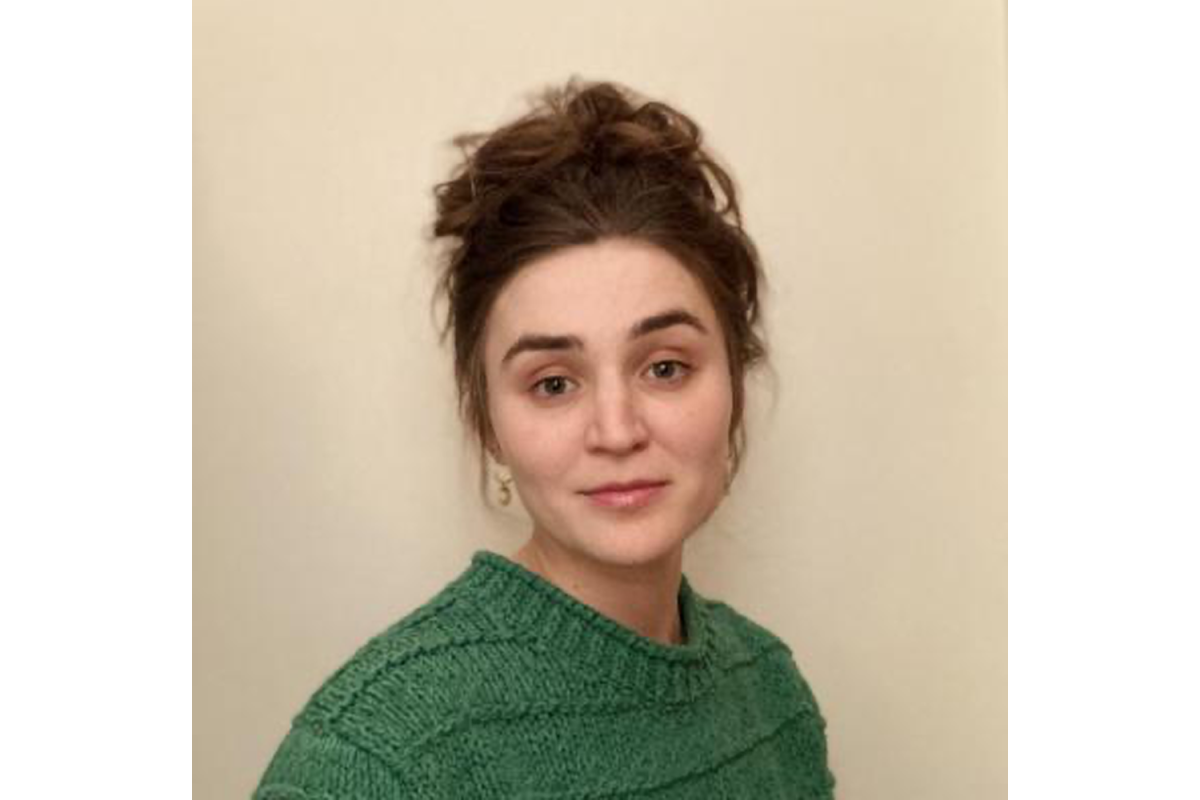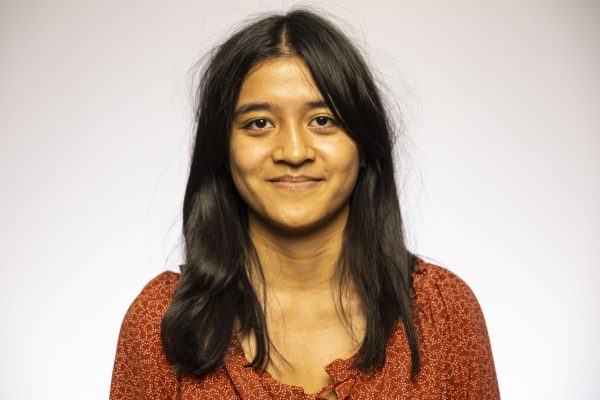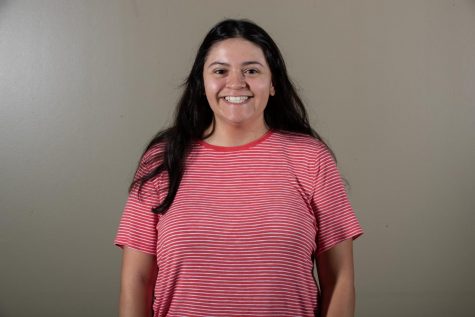Jane Huffman is a Ph.D. candidate in poetry at the University of Denver, holding a Bachelor of Arts degree in theatre and English from Kalamazoo College. A graduate of the Iowa Writers’ Workshop, her poems have appeared in POETRY, The New Yorker, The Nation, and the Kenyon Review.
Her most recent work, “Public Abstract,” a poetry book that discusses addiction, illness, loss, and the many memories and emotions held in a once private mind, won the 2023 Honickman First Book Prize and was selected by poet Dana Levin.
Huffman works as a grant writer at the Iowa Youth Writing Project and as an instructor at the University of Iowa’s Magid Center for Undergraduate Writing.
This interview has been edited for length and clarity.
The Daily Iowan: How does the cover of your book, which is comprised of pillows, encapsulate your work?
Huffman: There are lots of poems about sickness and convalescence in the book, so that was part of why I chose that image. I also like how the multiple versions of the pillow image represent a kind of “revision,” which is also important in the book.
Poetry can be very ambiguous; how do your ideas come to you?
Some of my poems take much time to write, especially those with very tight metrical rhyme schemes. I often get ideas for poems when a bit of language appears to me and gets stuck in my head. I let the language lead the ideas.
In all of “Public Abstract,” what is the poem that you most think describes you as a person and why?
I think probably the section called “On Invention,” which is one long poem of sorts, best represents me as a person as I think it touches on the connections and disconnections between mind and body, body and intellect. It also describes a bit about my family and place of origin, which I see as a bit of a backbone for the book.
Do you think you exude a style like Emily Dickinson’s, as some of your reviews say?
I hope so! I am always very flattered when people draw that connection. I am studying Dickinson seriously in my Ph.D. program and she has always taught me a lot about sound, compression, and strangeness. I return to her poems and letters often for inspiration.
What is your poetic style?
I like to experiment with various forms, especially in the book, sonnets, sestinas, and haiku. Form has always been very generative for me.





